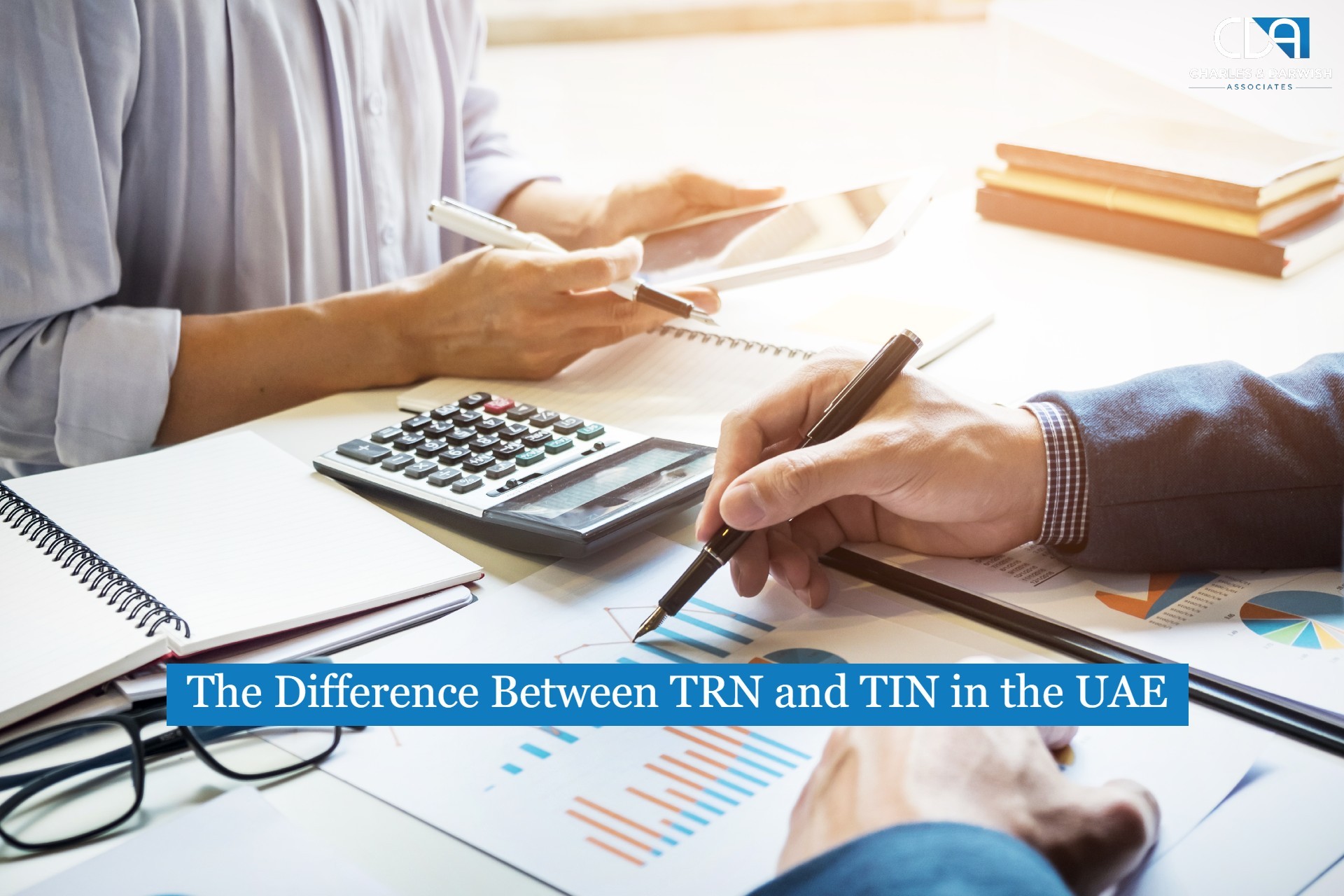What Are The Duties of An Auditor Under UAE-AML?
With the motive of eliminating financial terrorism and money laundering the UAE government has laid down various rules and regulations in order to guide the persons and entities while they perform their business activities. The auditors play a vital role in combating the money laundering and financial terrorism under UAE Anti Money Laundering Law as it is also classified as Designated Non Financial Business Profession (DNFBP).
It is important for the auditors to understand their obligations under UAE Anti Money Laundering Law because of the unique nature of their profession of evaluating the accounts of the clients, examining records, papers, control procedures and policies etc. with the help of which they can probably detect any suspicious activities carried out by the clients.
Role of an auditor
An auditor of a firm plays various roles and functions, primary function of an auditor include; conducting financial audit to examine the annual records, accounts and books, conducting operational audits to analyze the internal control procedures, risk management processes, organizational structures etc., conducting compliance audit in order to ensure whether the clients adhere with the rules and regulations laid down by the respective authorities. Other than these functions, the auditor also performs the function of identifying and assessing any kind of suspicious activities such as money-laundering or financial terrorism and takes all the necessary steps to eliminate such activities or risks.
Obligations of an Auditor under UAE AML Law
The auditor is obliged to perform some certain activities under UAE Anti Money Laundering Law which include the following:
Identification and assessment of money-laundering or financial terrorism risk.
UAE-AML law instructs the auditors to identify and assess the risks of money laundering and financial terrorism to which their clients are exposed to. They are required to keep in mind certain factors while combating these risks, moreover the risks must be assessed in two prospective:
a. Auditors must assess and identify their own risks related to the nature and type of their client.
b. Their obligation to assess and identify the risk of their clients when they are specifically appointed to perform such functions.
While performing some functions the auditors may receive some money for carrying out valuations of assets and liabilities of their clients, giving approval for the changes made in capital structure, approval of write-offs of doubtful or bad-debts etc. while performing such functions the auditors must consider various factors such as service risks, customer risks, geographical risks etc.
Some important factors are listed as under:
a. Nature, type, transparency and size of the client.
b. Place or country of origin of interested parties associated with the clients to ensure that they aren’t related to any high-risk country.
c. Nature, size, type and complexity of financial transactions and arrangements of the client.
d. Type of introduction and communication channel through which the clients are introduced.
The auditors must ensure that all the risk factors are considered for tackling the money laundering risks. They must completely evaluate the internal management of their clients, their control procedures, internal policies, rules and strategies etc. they must utilize all the available resources to effectively combat the risks such as appointing compliance officers, regularly monitoring the activities of the company and reporting it to ensure that the risks are completely avoided. The auditors may utilize different methods and processes in order to tackle the risks depending on the size, type and nature of the clients. They must always document all the methods they use and must effectively execute the methods and procedures selected.
Conducting thorough customer due diligence and screening their ongoing procedures.
Before entering into any kind of business relation with the client the auditors must conduct a strict background check of their clients which may be concerned with their own AML obligation or with the obligation of their clients. The auditors must verify all the information about their client with all the available sources which must be reliable and free from bias and personal judgment. Auditors must maintain a procedure of screening their old and prospective clients and ensure that they are not associated with any kind of fraudulent activities.
Identifying and reporting suspicious activities and transactions to the concerned authorities.
Auditors must monitor all the activities performed by their clients. They must report any kind of suspicious transactions or activities to the Federal Intelligence Unit (FIU). goAML is a medium and platform through which the auditors can report and inform the FIU about any kind of suspicious transactions made by the clients.
Appointing a compliance officer and staff screening and training.
The auditors are duly instructed to appoint a compliance officer under UAE AML law, who is competent to perform all the activities of a compliance officer as per the law. The compliance officer who is appointed must fulfill all the obligations towards the government and employer.
In conclusion, after the introduction of UAE AML the duties of an auditor has increased multifold and they are required to adhere with all the instructions laid under the law in order to eliminate the risk of money laundering and financial terrorism.
How can CDA help you?
Audit is one of the core requirements of every business as it needs to track the internal structure, procedures, financial stability transactions etc. Every business may conduct audits to ensure that they adhere with the requirements of the law and follow all the protocols to ensure that they are exposed to minimal risks. CDA with its professionalized team is always ready to provide any kind of audit and assurance services to its clients. As per the new guidelines of UAE AML, CDA always puts together its potential to detect and avoid all the risks related to money laundering and financial terrorism. If you have any queries related to the compliance with UAE AML feel free to contact CDA.

Mark Thompson
Full-stack Developer, Blogger, and Tech Enthusiast.
Mark specializes in digital marketing, SEO, and content strategy.













